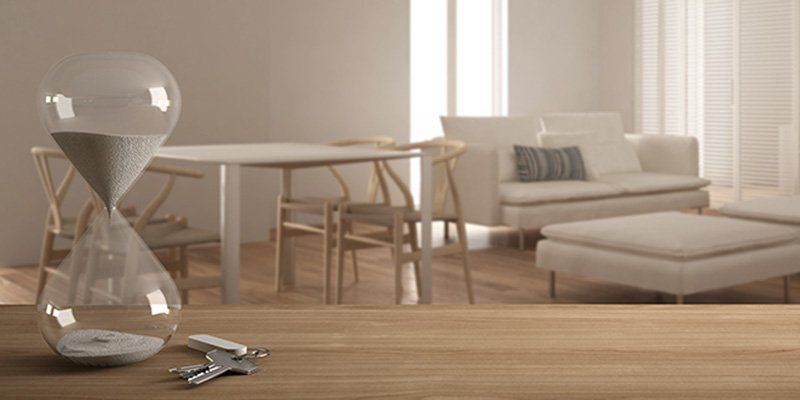How Can I Pay Down My Mortgage Faster?
Although getting a mortgage is exciting as it allows you to become a homeowner, a mortgage is, in fact, a lot of debt. So if you have a mortgage, your goal should be to get rid of it as quickly as possible.
Here are four things you can do to help pay off your mortgage for good!
Accelerate your payments.
Making the change from monthly payments to accelerated bi-weekly payments is one of the easiest ways you can make a difference to the bottom line of your mortgage. Most people don’t even notice the difference.
A traditional mortgage splits the amount owing to 12 equal monthly payments. Accelerated biweekly is simply taking a regular monthly payment and dividing it in two, but instead of making 24 payments, you make 26. The extra two payments really accelerate the pay down of your mortgage.
Increase your regular mortgage payments.
Chances are you have the ability to increase your regular mortgage payment by 10-25%. This is a great option if you have some extra cash flow to spend in your budget. This money will go directly towards paying down the principal amount owing on your mortgage and isn’t a prepayment of interest.
Make a lump sum payment.
Depending on your lender and your mortgage product, you should be able to put down anywhere from 10-25% of the original mortgage balance. Some lenders are particular about when you can make these payments, however, if you haven’t taken advantage of a lump sum payment yet this year, you should be eligible.
Review your options regularly.
As your mortgage payments are withdrawn from your account on a set schedule, it’s easy to put your mortgage payments on auto-pilot, especially if you have opted for a longer term. This is why an annual review is a good idea, there may be opportunities to refinance and lower your interest rate.
The point of reviewing your mortgage annually is that you are conscious about making decisions regarding your mortgage and that you ensure you’ve always got the best mortgage for you!
Questions about your mortgage, or want to compare your mortgage to what is currently available? Please contact me anytime!
RECENT POSTS






